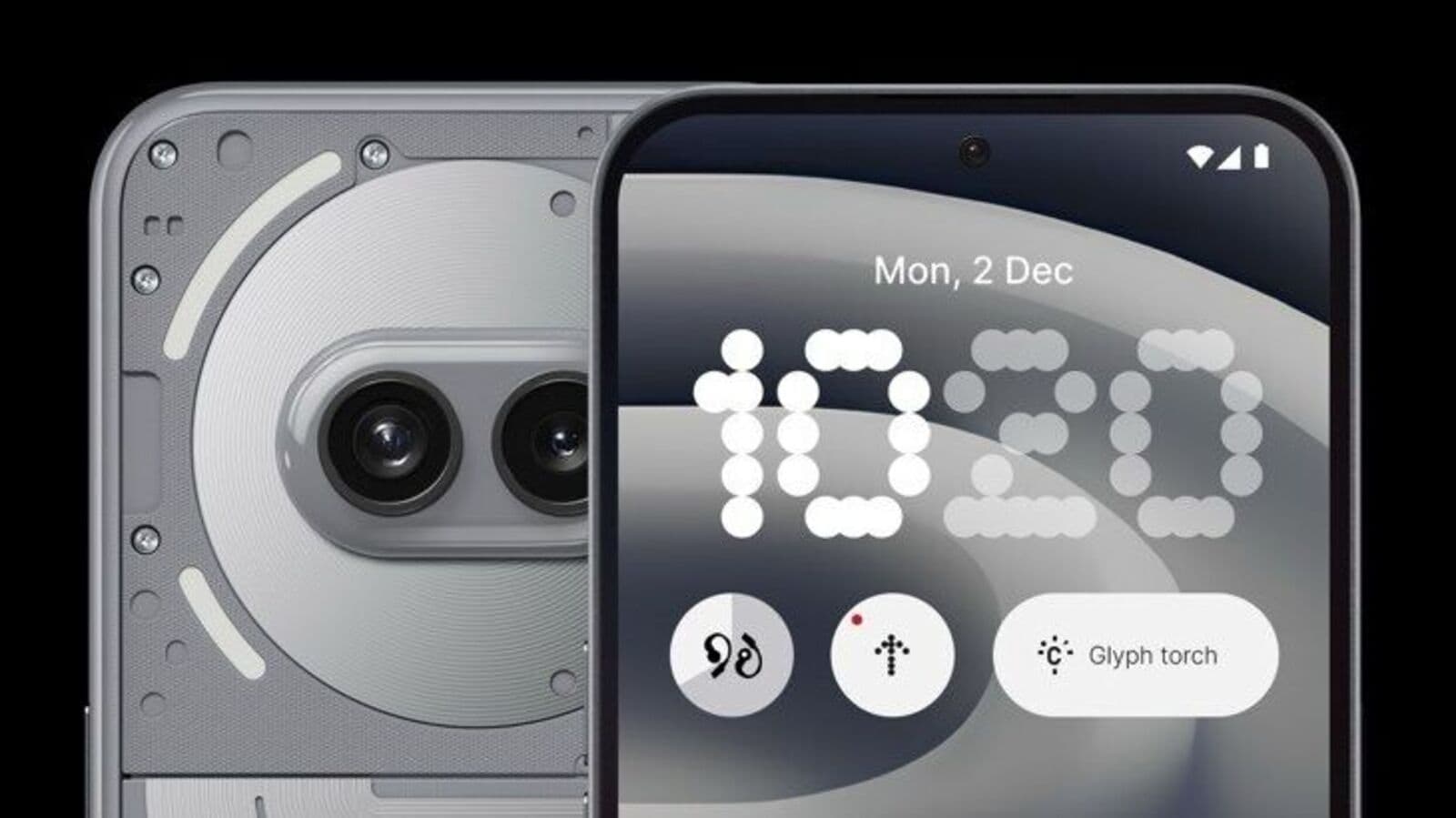Carl Pei, CEO of Nothing, has reportedly announced that the company will launch its next flagship smartphone, the Nothing Phone (3), in 2025.
This confirmation, which was shared via email with renowned tipster Evan Blass (@evleaks) and later revealed on X, marks an exciting development for the tech brand. Pei described 2025 as the company’s “biggest year yet,” largely due to the anticipated release of the Nothing Phone (3), which is set to integrate AI-powered capabilities for the first time.
In the email, Pei highlighted that the forthcoming device aims to revolutionise personal computing by simplifying user experiences. This focus on a highly personalised approach indicates a bold step forward for Nothing’s design philosophy. According to the email, the Nothing Phone (3) is expected to debut by the end of the first quarter, meaning a potential launch by March 2025.
A Shift in Strategy
The decision to release the Nothing Phone (3) two years after the Phone (2) represents a break from the conventional annual upgrade cycle seen in the smartphone industry. The first-generation Nothing Phone debuted in 2022, followed by its successor in July 2023. This extended development period suggests the company is focusing on meaningful enhancements rather than incremental updates.
Rumoured Features
Leaks suggest the Nothing Phone (3) will introduce significant upgrades, including an iPhone-inspired Action Button. This customisable feature is said to allow users to create shortcuts, toggle settings, or launch apps with ease, underscoring Nothing’s emphasis on usability and innovative design.
The device is also rumoured to feature a 6.5-inch display, with a Pro variant boasting a larger 6.7-inch screen. Speculation points to mid-range chipsets such as the Snapdragon 8s Gen 3 or MediaTek Dimensity 9200+, potentially positioning the standard model at a more accessible price point.
Focus on AI Integration
A key highlight of the upcoming device is its integration of AI-driven features. In a previously shared video, Pei and his team demonstrated how AI would deliver a more personalised experience. The reimagined home screen and deeper operating system integration are expected to redefine smartphone usability.























